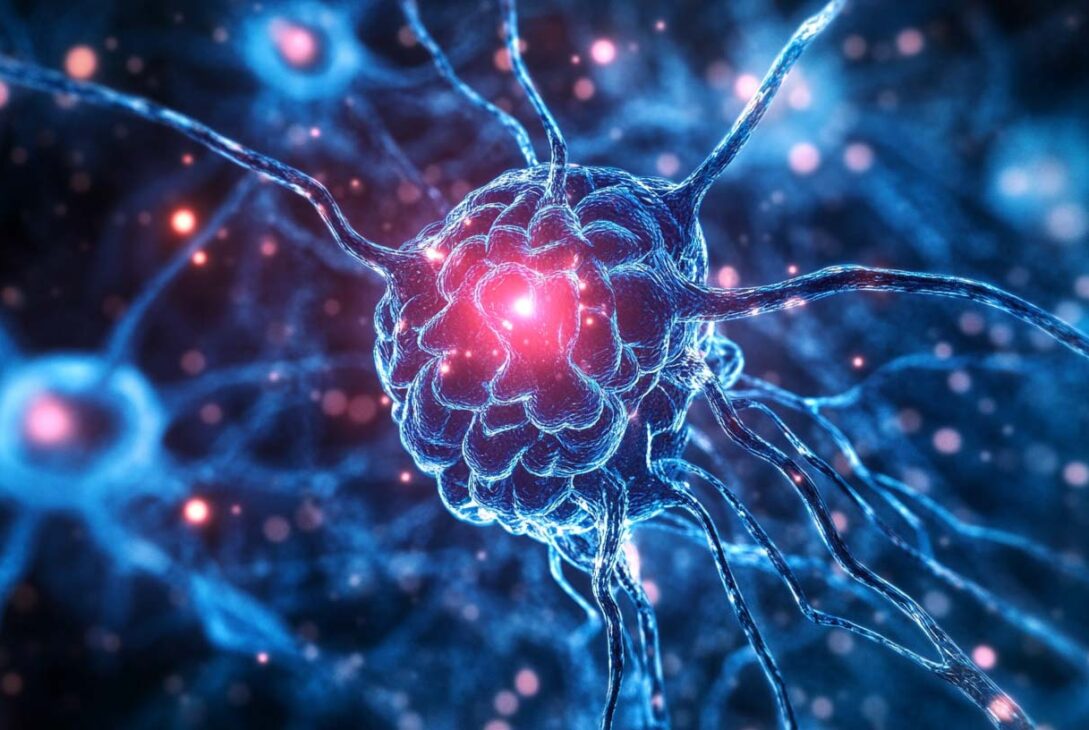The Potential of Cannabinoids in Treating Autoimmune Disorders: A Comprehensive Guide
Introduction
Autoimmune disorders are a diverse group of diseases affecting millions of people. These conditions occur when the immune system, which normally protects the body, mistakenly attacks healthy cells. The ramifications can range from chronic pain and fatigue to severe organ damage. Treatments for these disorders often come with a slew of side effects that can make the journey toward wellness feel daunting. However, an intriguing alternative is gaining traction: cannabinoids. Derived primarily from hemp, cannabinoids, particularly cannabidiol (CBD) and tetrahydrocannabinol (THC), are increasingly being examined for their potential therapeutic benefits in managing autoimmune disorders. This guide aims to explore the mechanisms, advantages, and current research associated with cannabinoids’ role in tackling these challenging conditions.
Understanding Autoimmune Disorders
Autoimmune diseases encompass over 80 distinct conditions, including rheumatoid arthritis (RA), multiple sclerosis (MS), systemic lupus erythematosus (SLE), and inflammatory bowel disease (IBD). Each disorder varies in symptoms and severity but shares a common thread: an erroneous immune response resulting in inflammation and tissue damage.
- Rheumatoid Arthritis: A chronic inflammatory disorder affecting joints, leading to painful swelling, bone erosion, and deformities.
- Multiple Sclerosis: A disease in which the immune system attacks the protective covering of nerves, often resulting in disability ranging from mild to severe.
- Systemic Lupus Erythematosus: A systemic disease that affects multiple parts of the body, causing inflammation, pain, and tissue damage.
- Inflammatory Bowel Disease: An umbrella term for disorders involving chronic inflammation of the digestive tract, primarily including Crohn’s disease and ulcerative colitis.
These disorders can lead to fatigue, persistent pain, and life-altering physical effects.
The Role of Cannabinoids in Autoimmune Disorders
Cannabinoids interact with the body’s endocannabinoid system (ECS), which plays a crucial role in regulating various physiological processes, including immune response, inflammation, and pain perception.
Immune Modulation
Cannabinoids can modulate the immune system through several mechanisms:
- Reducing Inflammation: Both CBD and THC can hinder the release of pro-inflammatory cytokines (cell signaling molecules) such as IL-1 and TNF-α, while promoting the generation of anti-inflammatory cytokines. This balance helps alleviate inflammation common in autoimmune disorders.
- Regulating Immune Cells: Cannabinoids can induce cell death in specific T cell types that contribute to inflammatory processes while enhancing the number of regulatory T cells, which help maintain immune balance.
Anti-Inflammatory Effects
Cannabinoids are recognized for their anti-inflammatory properties which can be beneficial in various conditions:
- Lenabasum: A synthetic cannabinoid that selectively binds to the CB2 receptor has shown promise in clinical trials for managing lupus symptoms, targeting pain and inflammation without psychoactive effects.
- CBD and THC: In rheumatoid arthritis, studies suggest cannabinoids can diminish the activity of metalloproteinases, enzymes involved in cartilage breakdown.
Therapeutic Applications
Multiple Sclerosis (MS)
- Nabiximols: This pharmaceutical spray combines THC and CBD and is approved in various countries for treating MS-related spasticity. Research indicates it effectively relieves spasms, pain, and disruptions to sleep patterns.
Inflammatory Bowel Disease (IBD)
- CBD: Emerging studies suggest CBD’s anti-inflammatory properties can provide symptomatic relief in IBD by decreasing intestinal inflammation and positively modulating immune reactions.
Systemic Lupus Erythematosus (SLE)
- Ajulemic Acid: Another synthetic cannabinoid, this compound is being evaluated for its ability to alleviate pain and inflammation associated with lupus, with a focus on avoiding the psychotropic effects of THC.
Benefits of Cannabinoid Therapy
Cannabinoid therapy can offer several benefits for individuals dealing with autoimmune disorders:
- Pain Management: Many patients have found relief from chronic pain through cannabinoid use, often decreasing their dependency on conventional pain medications that may carry a risk of addiction or harmful side effects.
- Reduced Inflammation: Cannabinoids’ unique ability to target inflammation can lead to less tissue damage and scarring in vital organs, which is especially critical in diseases like lupus and RA.
- Improved Quality of Life: Users frequently report enhanced well-being, including improved sleep, reduced spasticity, and overall enhancements in daily functioning.
Current Research and Future Directions
Clinical Trials
Research is at the forefront of validating cannabinoid therapy. Clinical trials are crucial, such as those underway for Lenabasum focused on lupus. Such studies are instrumental in establishing safety and efficacy, along with determining how cannabinoids can best be integrated into treatment protocols for autoimmune disorders.
Mechanisms of Action
Experts continue to investigate the intricate ways cannabinoids interact within the ECS and other biological systems. A deeper understanding of these mechanisms will pave the way for more targeted therapies, enhancing the overall treatment landscape for autoimmune disorders.
Using Cannabinoids for Autoimmune Disorders: A Practical Guide
Individualized Approach
Bringing cannabinoids into your treatment plan requires an individualized approach. Since every condition and patient is unique, working closely with a healthcare provider knowledgeable about cannabinoid therapy is vital.
Safe and Effective Dosages
Starting with low doses and gradually adjusting as needed is paramount. Furthermore, many users notice that their bodies may become more responsive to cannabinoids over time, so patience and careful observation are key.
Conclusion
Cannabinoids represent a promising frontier in the treatment of autoimmune disorders. By engaging the body’s endocannabinoid system to reduce inflammation, modulate immune responses, and alleviate pain, cannabinoids can serve as powerful allies for many. While research continues to enhance our understanding and establish protocols for safe use, many patients are already exploring these options to improve their quality of life.
Actionable Takeaways
- Consult a Healthcare Provider: Before starting cannabinoid therapy, have an open discussion with a healthcare professional to tailor a treatment plan for your condition.
- Start with Low Doses: Gradually finding the right dosage can help manage side effects and optimize therapeutic benefits.
- Monitor Progress: Keep notes on symptom changes to inform healthcare providers and adjust treatment as necessary.
- Stay Informed: Read up on new research findings about cannabinoid therapies and autoimmune disorders to make informed decisions.
By understanding the potential of cannabinoids in managing autoimmune diseases, we can usher in a new era of treatment options, offering hope and tangible improvements in the lives of those affected.





















